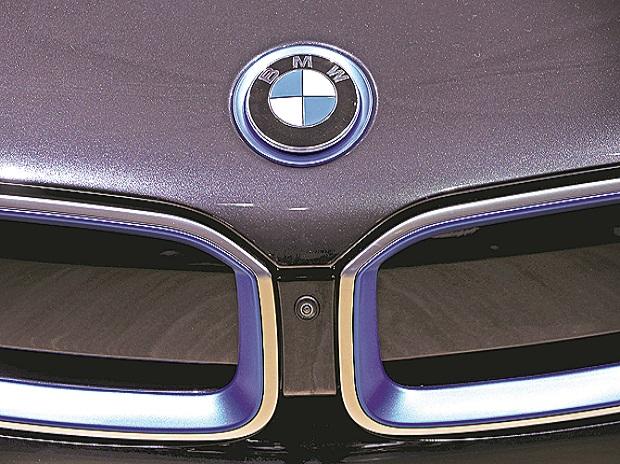Beijing has been keen for global carmakers to invest more in China and has also eased restrictions that cap foreign ownership of electric vehicle businesses.
Germany's
BMW
will pay 3.6 billion euros ($4.2 billion) to take control of its main
joint venture in China, the first such move by a global carmaker as
Beijing starts to relax ownership rules for the world's biggest auto
market.
The
luxury carmaker said on Thursday it would increase its stake in its
venture with Brilliance China Automotive Holdings Ltd to 75 per cent
from 50 per cent, with the deal closing in 2022 when rules capping
foreign ownership for all auto ventures are lifted.
The
move will likely spur BMW
to shift more production to China, helping to protect profits
amid a whipsawing trade war between Washington and Beijing that has
raised the cost of BMW importing cars manufactured at its US plant in
South Carolina.
The
deal also marks a milestone for foreign carmakers which have been
capped at owning 50 per cent of any Chinese venture and have had to
share profits with their local partner, and could encourage rivals
such as Mercedes maker Daimler.
"We
are now embarking on a new era," BMW Chief Executive Harald
Krueger said in a speech in Shenyang, northeast China, where the
joint venture is based. He thanked Chinese Premier Li Keqiang, whom
he said "personally supported" the plan.
Evercore
ISI analyst Arndt Ellinghorst called the deal a major breakthrough.
"In the future, BMW will have the full control over the biggest
regional profit pool of its business," he wrote.
Beijing
has been keen for global carmakers to invest more in China and has
also eased restrictions that cap foreign ownership of electric
vehicle businesses at 50 per cent.
The
joint venture plans to add a new plant, spending over 3 billion euros
on a large-scale expansion of the existing production facility,
Krueger said.
Yale
Zhang, head of Shanghai-based consultancy Automotive Foresight, said:
"Others will follow over time, but the divorce schedule depends
on how strong or capable the local partner is."
Daimler's
Chief Executive Dieter Zetsche told Reuters last week that recent
signals from the Chinese authorities were encouraging, but the German
carmaker did not yet have legal permission to make a move.
"If
we do, we need to see what opportunities there are," Zetsche
said at the Paris Motor Show, adding any steps depended on talks with
BAIC Motor Corp, Daimler's partner in joint venture Beijing Benz.
As
trade tensions have escalated, China's government has pledged to open
up its markets more widely, including cutting taxes on imported
vehicles, cancer medicines and a range of consumer goods.

No comments:
Post a Comment